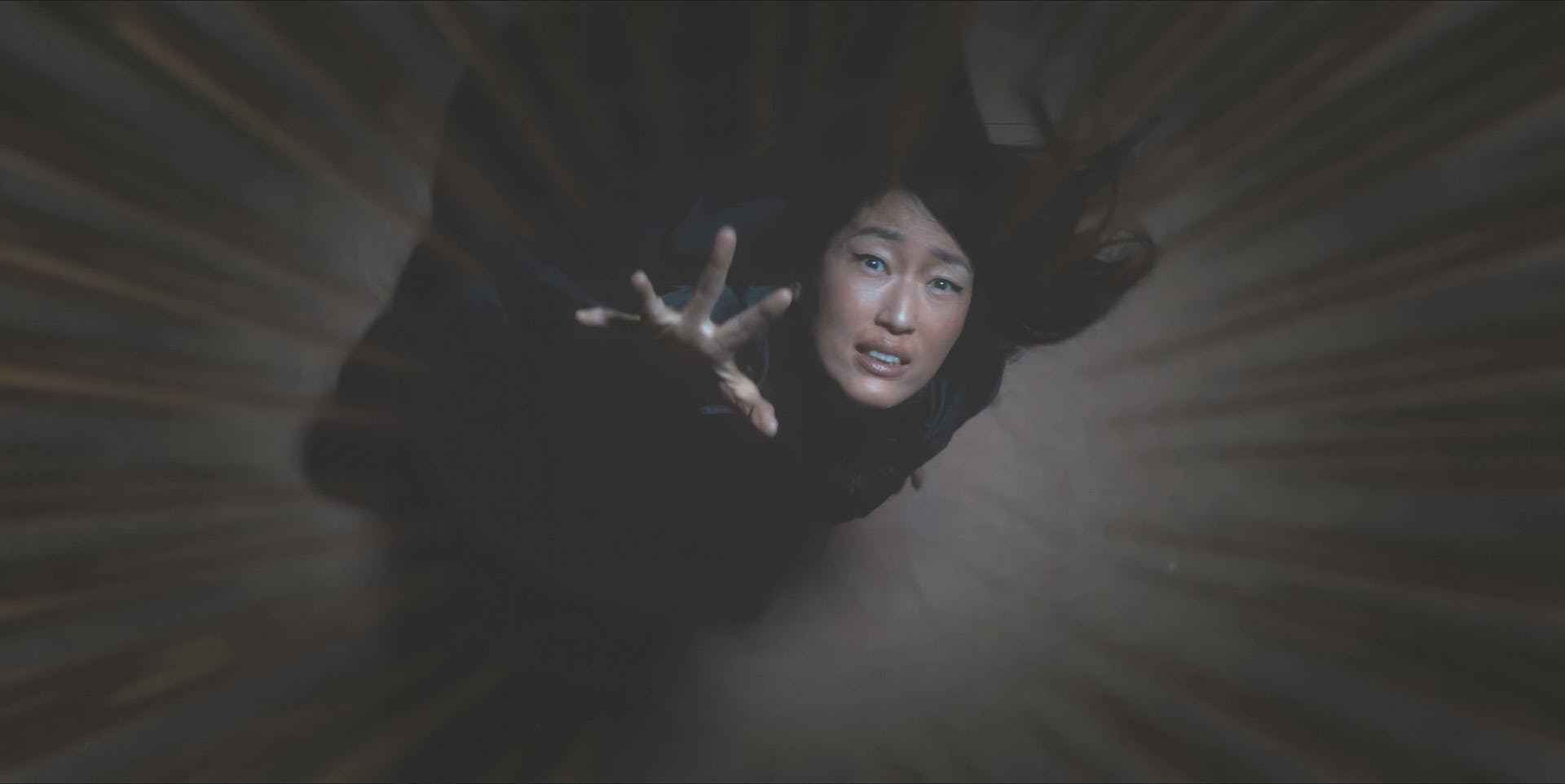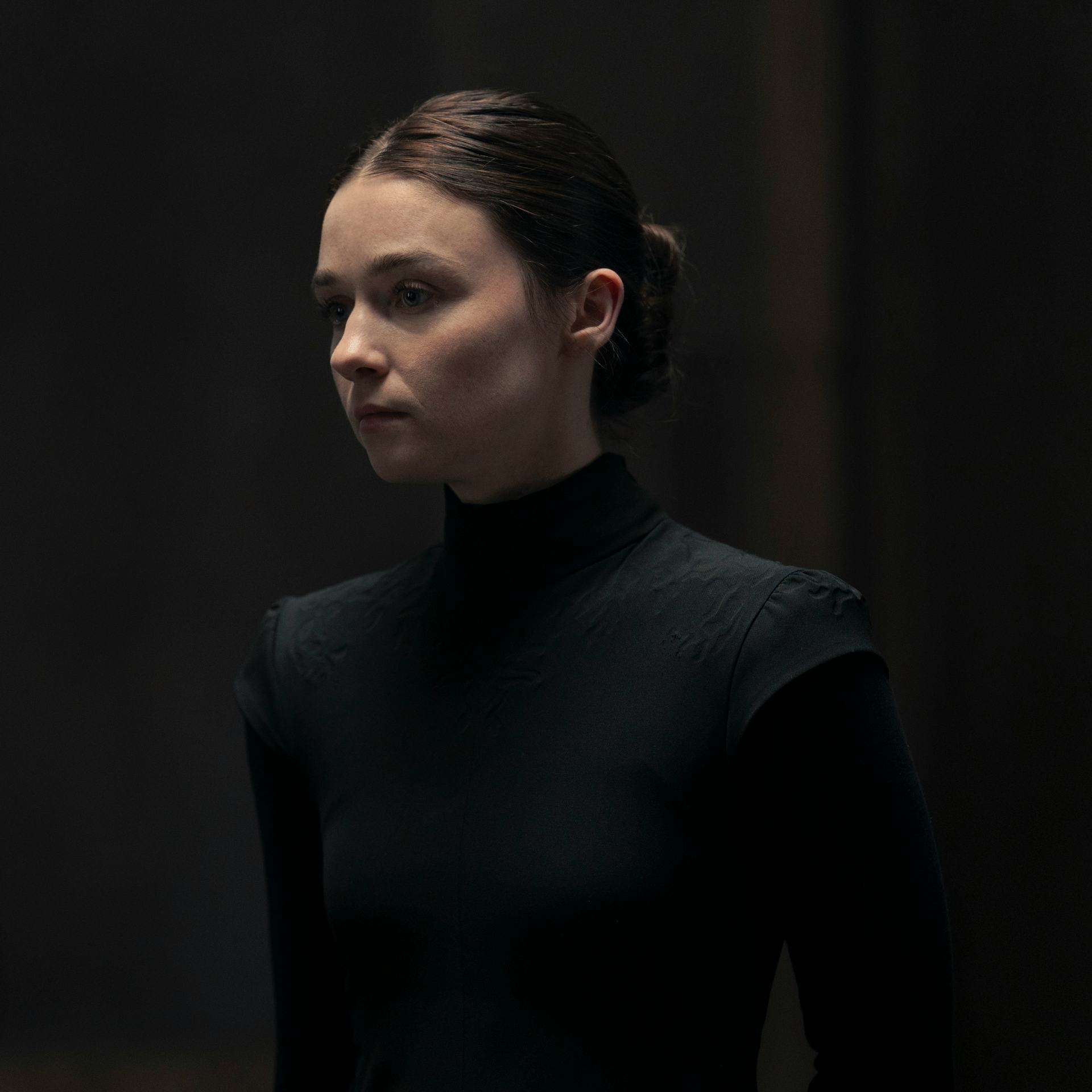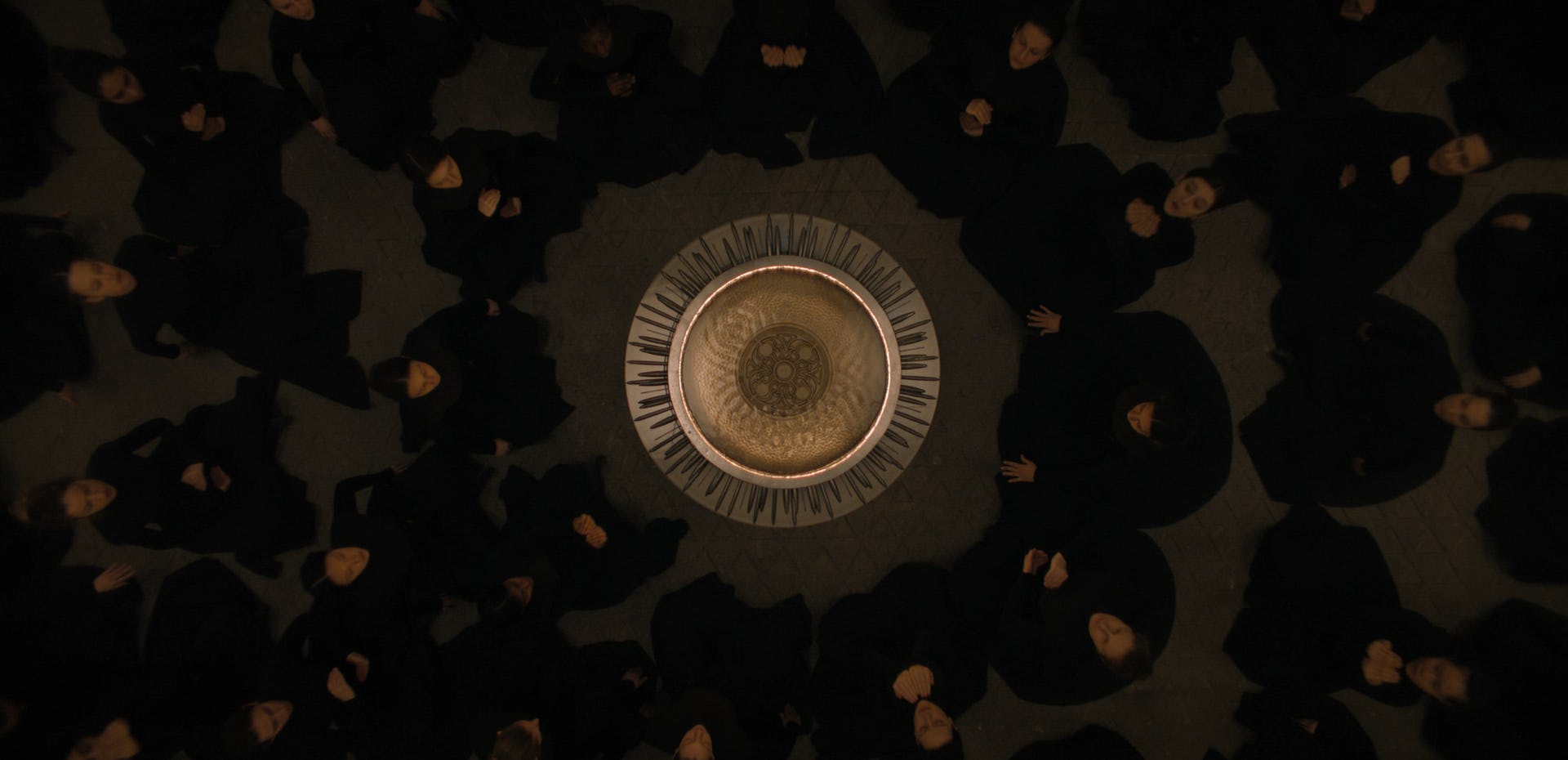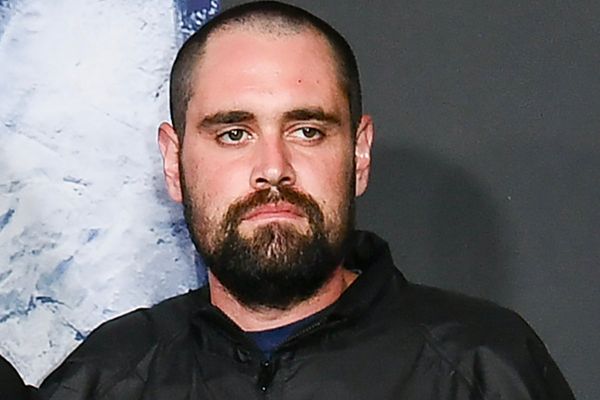
One of the most incredible powers of the Sisterhood of the Bene Gesserit is their ability to compel people to do things against their will, seemingly, by magic. While the Force doesn’t exist in the Dune universe, the ability to scramble somebody’s brain with specific vocal inflections does. But it’s not a Jedi Mind Trick — it’s the Voice, the spell of the Sisterhood, and one of the original science fiction superpowers. (Which George Lucas basically stole from Dune.)
But who invented the Voice? Just as George Lucas didn’t decide which Jedi first deployed the mind trick, Dune author Frank Herbert didn’t create a specific character who invented the Voice. And yet, thanks to Dune: Prophecy, the original practitioner of this all-important Dune skill has been revealed. Here’s who invented the Voice in Dune and how it does (and doesn’t) change some previously established lore.
Spoilers ahead for Dune: Prophecy Episode 1, “The Hidden Hand.”
Valya Harkonnen invents the Voice

Very early in the first episode of Dune: Prophecy, we meet Valya Harkonnen (Jessica Barden), a young member of the Sisterhood who, in a pivotal scene, deploys the Voice on Sister Dorotea (Camilla Beeput) to make her comrade to stab herself. Valya mentions that this is “A new skill I’ve been honing,” meaning that, at this point in the timeline, the Sisterhood is not using the Voice as part of their regular set of skills. This makes a decent amount of sense since, at this point, the Sisterhood isn’t even known as the “Bene Gesserit” yet.
So we’re literally at the start of the Sisterhood, at least relative to the present tense of Dune as seen in the films Dune: Part One and Dune: Part Two. Valya being the first person who invents and hones the Voice in Dune lore sets up Lady Jessica (Rebecca Ferguson) and Paul (Timothée Chalamet) to be expert wielders of this skill on Arrakis and beyond. Prophecy is about setting several things in motion for the future of Dune, but introducing us to the inventor of the Voice is almost certainly the biggest deal — and biggest change — in the entire series.
How Dune: Prophecy changes Voice canon

Because Frank Herbert didn’t create a historical character who invented the Voice and didn’t detail a ton of Bene Gesserit history, there was a time when fans filled in the blanks on their own. The best example of this is the 1984 book The Dune Encyclopedia, compiled by Willis McNelly, in which he and several fans created in-universe entries about everything from the history of the Bulterian Jihad to how personal shields actually worked. Frank Herbert authorized the book but noted in the introduction that he reserved his own judgment as to what was really canon. Interestingly, in The Dune Encyclopedia, there’s even a suggestion that the Bene Gesserit began on Earth in the distant past, and thus were using the Voice even earlier than depicted in Dune: Prophecy.
But, Prophecy is adhering to Dune book canon in a different way. Overwhelmingly, the stories of Valya and Tula Harkonnen in this TV series are derived from the books Sisterhood of Dune (2012) and Mentats of Dune (2014), prequel novels written and co-written by Brian Herbert (Frank’s son) and Kevin J. Anderson. In these books, Valya is also seen as the first person to really use the Voice to great effect, though it’s also indicated that Mother Superior Raquella had the ability to use the Voice too. So if we’re going off of old-school Frank Herbert canon, Valya creating the Voice is a big change in the lore. But if we’re looking at book lore from the expanded books from the past 12 years or so, then Prophecy is fairly faithful.
Dune: Prophecy isn’t done revealing all the details of how Valya found the unique skill of the Voice. As the episodes unfold, there are some deeper layers to how this power came into being. But regardless of how Dune: Prophecy unfolds, one thing is for sure: We haven’t heard the last of the Voice.








